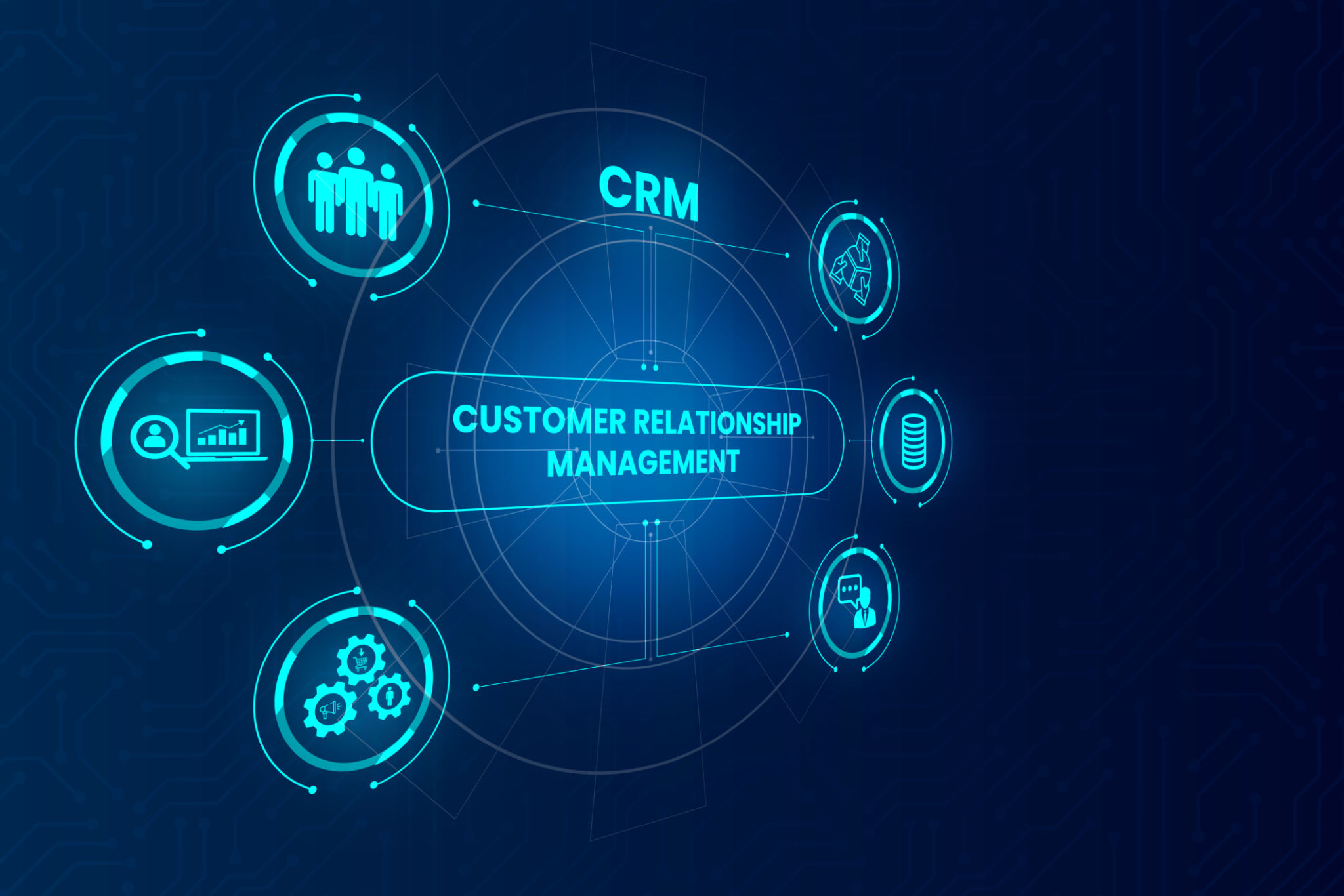Mastering Customer Relationship Management: Latest Techniques for Sales Success
Understanding Customer Relationship Management
Customer Relationship Management (CRM) is a crucial component for businesses aiming to enhance their sales processes. At its core, CRM involves managing a company's interactions with current and potential customers. By utilizing CRM systems, sales teams can streamline their workflow, improve customer satisfaction, and ultimately boost sales performance.
In today's competitive market, mastering CRM techniques is essential for success. Companies that effectively manage customer relationships can differentiate themselves from competitors and build long-lasting relationships with their clients. This blog post explores the latest CRM techniques that can help drive sales success.

Leveraging Data for Personalized Customer Experiences
A key aspect of modern CRM is the ability to leverage data to create personalized customer experiences. By analyzing customer data, businesses can gain insights into their preferences and behaviors, allowing them to tailor their interactions and offers accordingly. This personalized approach not only enhances customer satisfaction but also increases the likelihood of closing sales.
Sales teams can use CRM software to track and analyze various data points, such as purchase history, browsing behavior, and communication preferences. By doing so, they can develop targeted marketing campaigns and provide recommendations that resonate with individual customers.
Implementing Automation for Efficiency
Automation is another powerful tool in the CRM arsenal. By automating routine tasks, sales teams can focus on more strategic activities that require human intervention. CRM systems can automate tasks such as data entry, follow-up emails, and lead scoring, freeing up valuable time for sales representatives.
Moreover, automation helps ensure consistency in customer interactions. Automated workflows can guide sales teams through standardized processes, reducing the risk of errors and ensuring every customer receives a high-quality experience.

Integrating CRM with Other Business Tools
To maximize the effectiveness of CRM systems, businesses should consider integrating them with other tools and platforms. By doing so, sales teams can access a holistic view of customer interactions across various channels, leading to more informed decision-making.
Popular integrations include connecting CRM systems with email marketing platforms, customer support software, and social media management tools. These integrations enable seamless communication between departments and ensure that all customer data is centralized and easily accessible.
Fostering Collaboration Among Teams
Successful CRM implementation often requires collaboration among different teams within an organization. Sales, marketing, and customer service teams must work together to ensure a cohesive approach to managing customer relationships. This collaboration can be facilitated by shared access to CRM data and regular cross-departmental meetings.
By fostering a culture of collaboration, businesses can ensure that every team member is aligned in their efforts to enhance the customer experience. This alignment ultimately leads to improved customer satisfaction and increased sales success.

Staying Ahead with Continuous Learning
The field of CRM is continually evolving, with new technologies and techniques emerging regularly. To stay ahead of the curve, sales teams must commit to continuous learning and development. Regular training sessions and workshops can help team members stay updated on the latest CRM trends and best practices.
Additionally, businesses should encourage employees to share their insights and experiences with CRM systems. By creating an open environment for knowledge sharing, companies can ensure that their teams are equipped with the skills needed to drive sales success in an ever-changing landscape.